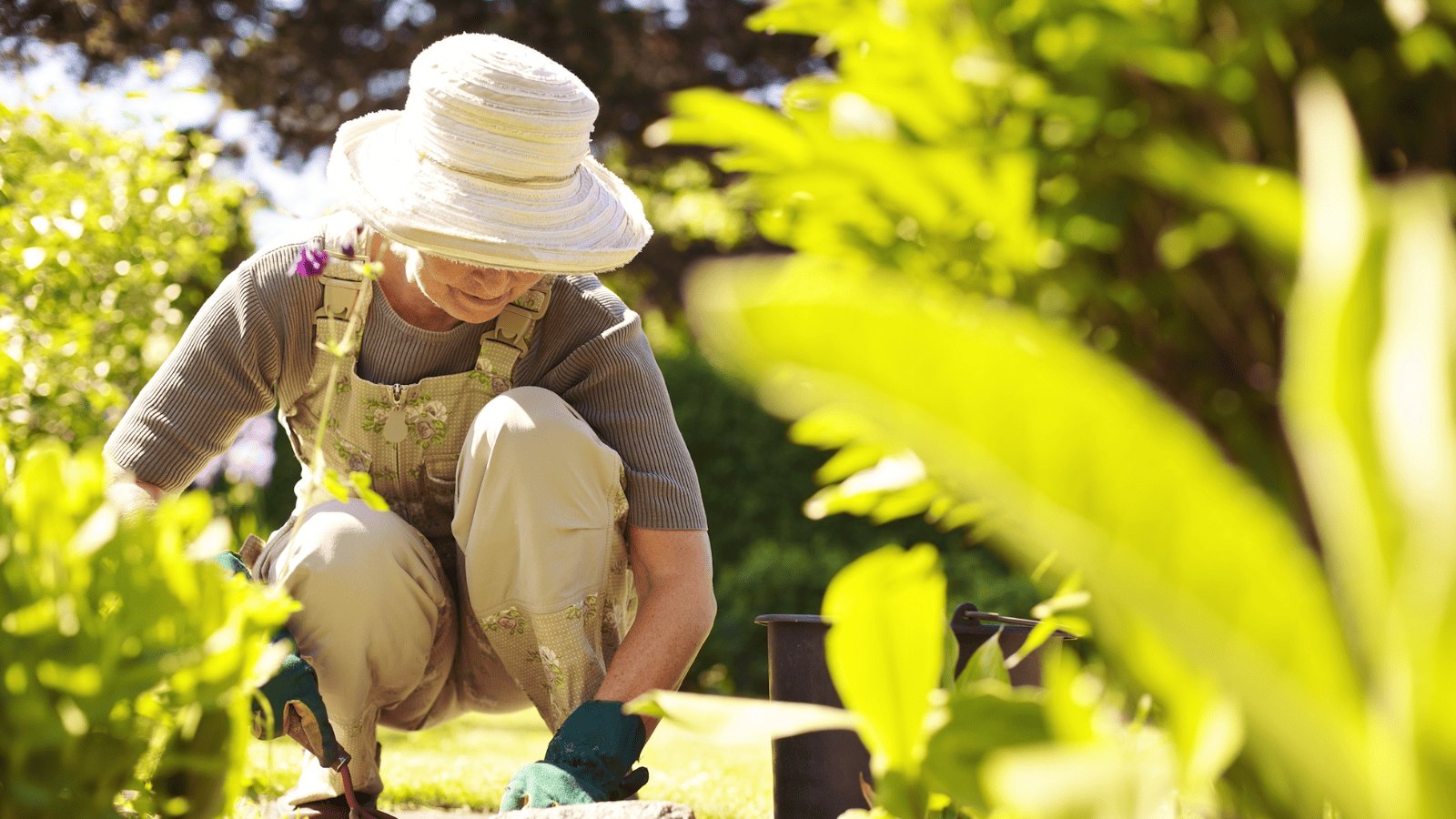For those looking for something to be passionate about, gardening is a fantastic hobby to engage in. The only downside to it, however, is that it can be a lot of hard work, and making subtle mistakes can harm your plants and make it even more challenging. To avoid any situation like this, here are a few common gardening mistakes you need to stop making today.
Using the Wrong Soil
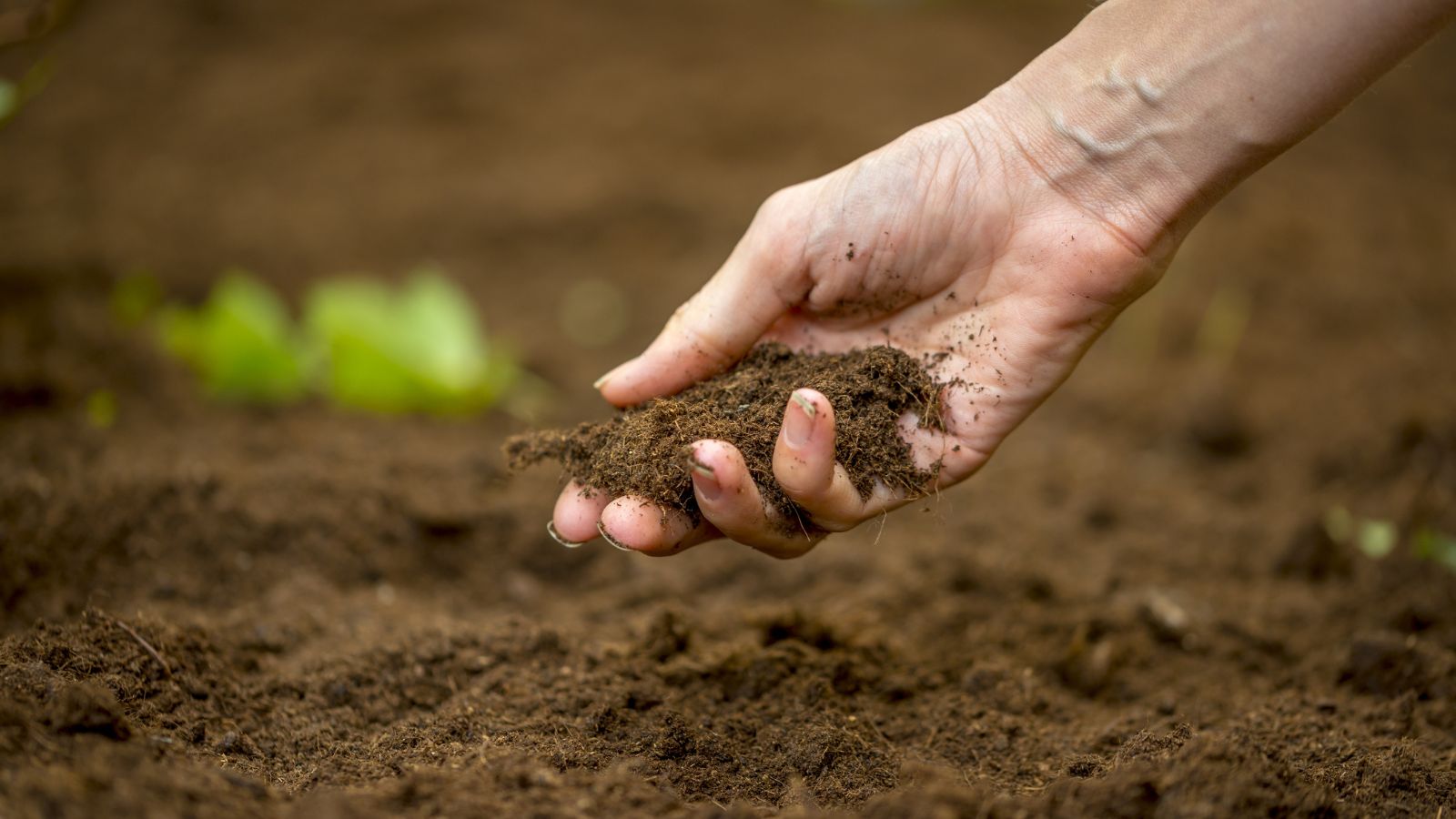
The general rule is that loamy soil is best for all types of plants, as it retains just the right amount of water. However, many people still use clay soil that’s too retentive or sandy soil that drains out too quickly. Many also grow plants in soil with poor pH levels—PSU explains how this is outside of their recommended pH range of between 6.2 and 6.8.
Overwatering
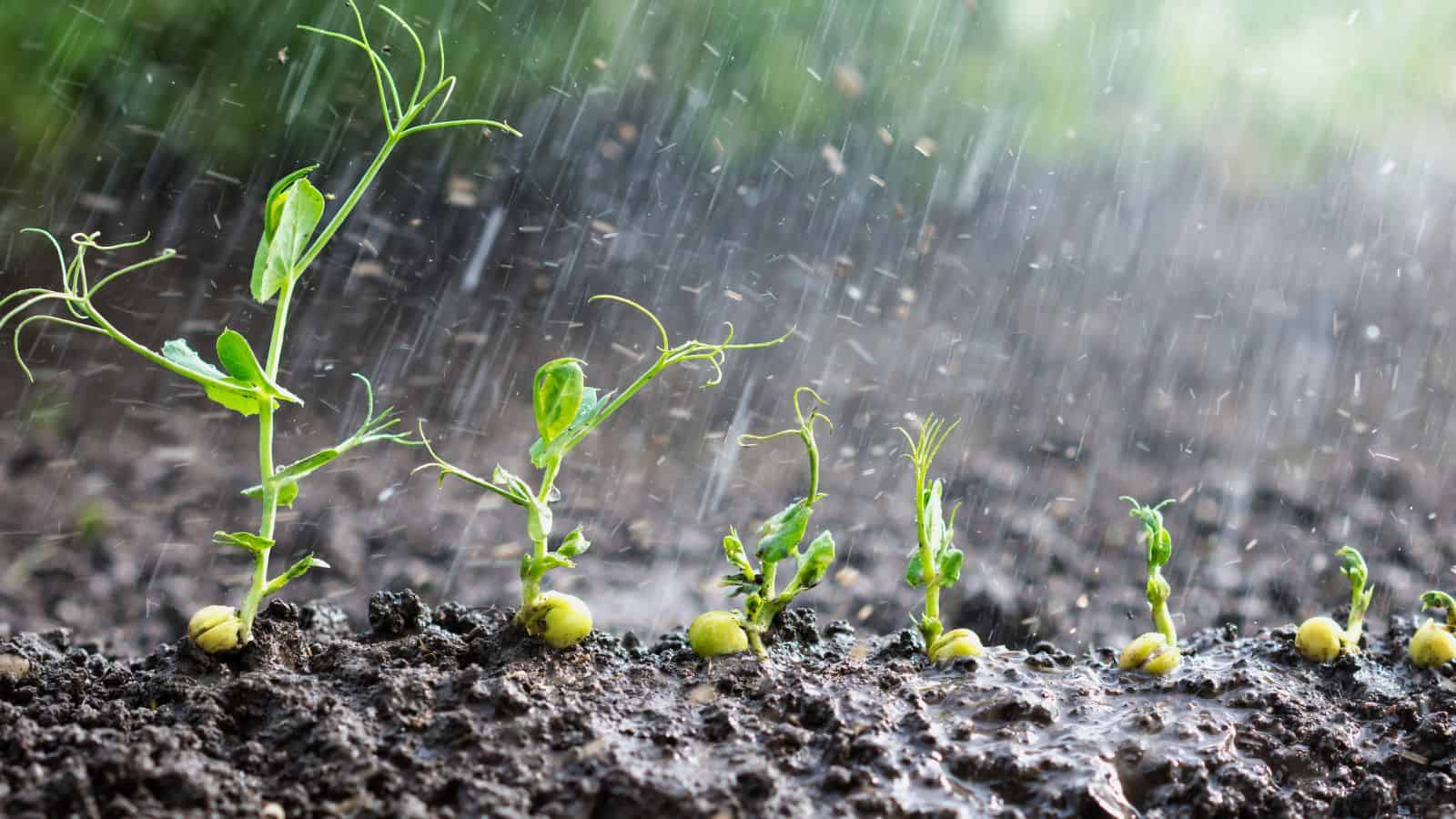
Plants need water to survive, so it’s not a surprise that people give their seedlings a lot of it. Sadly, by providing too much, they’re actually depriving roots of oxygen and preventing the plant from absorbing nutrients appropriately. Overwatering eventually leads to root rot and encourages the growth of harmful fungi.
Underwatering
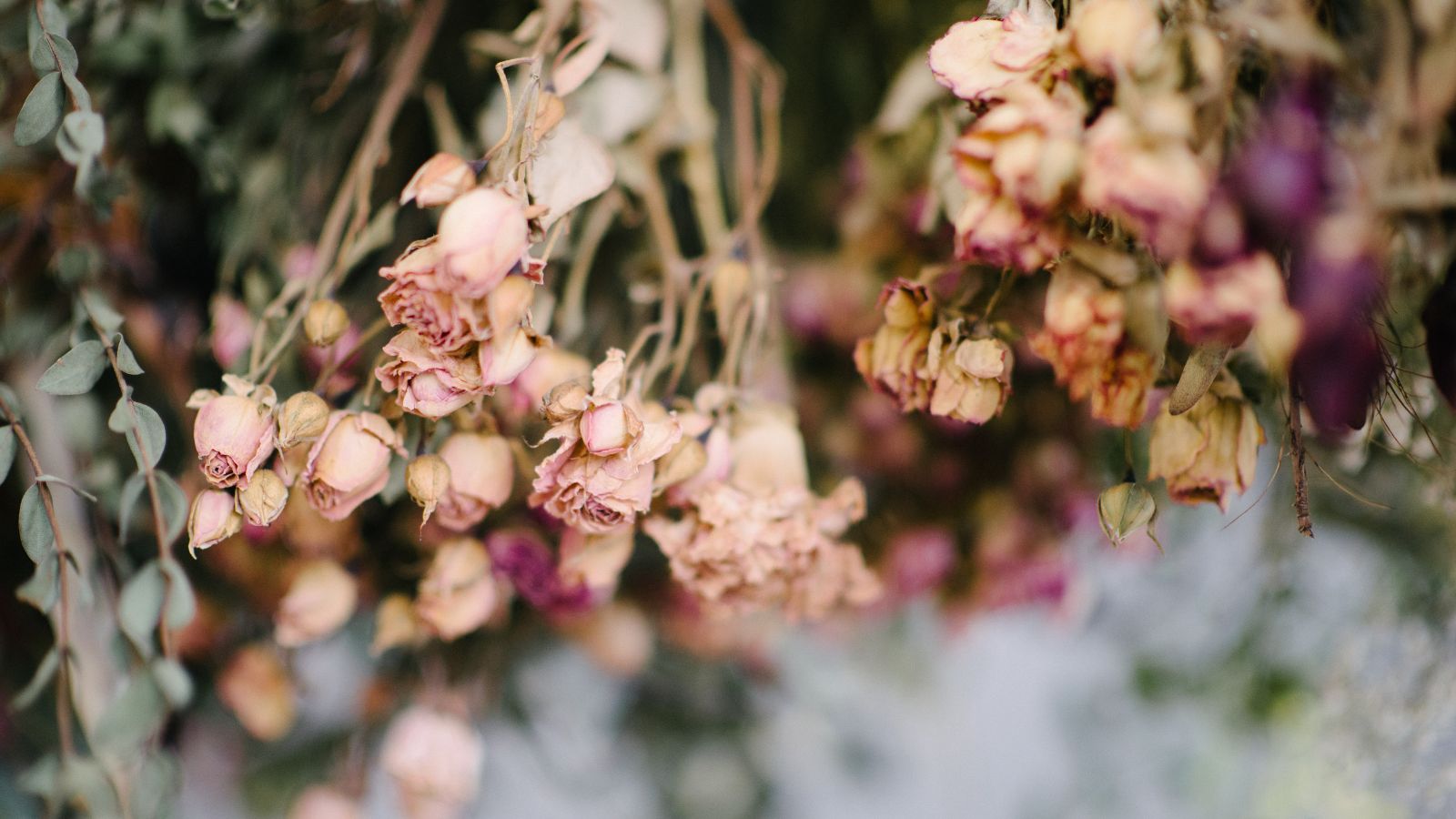
Now, you don’t want to go the opposite extreme, either. Giving your plant too little water affects its immunity and inhibits the photosynthesis process. You won’t just slow down your plants’ growth and development; you’ll also cause them to wilt and die.
Improper Watering Technique
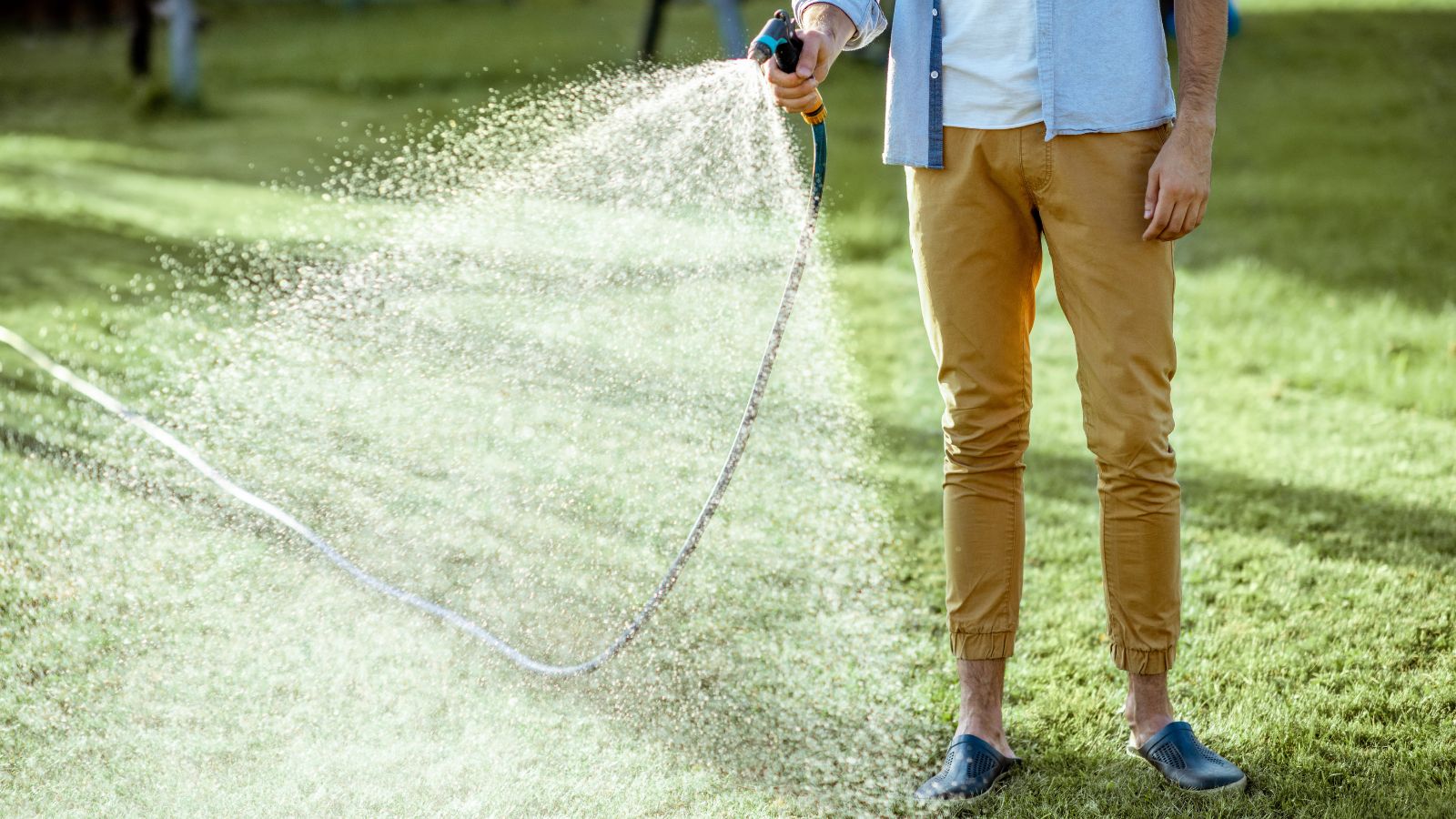
Even how you water your plant plays a crucial role in its health. For example, watering leaves instead of roots increases the risk of fungal growth and diseases. Even if your plant survives, inconsistent watering can result in yellowing leaves and brown tips.
Poor Planting Depth
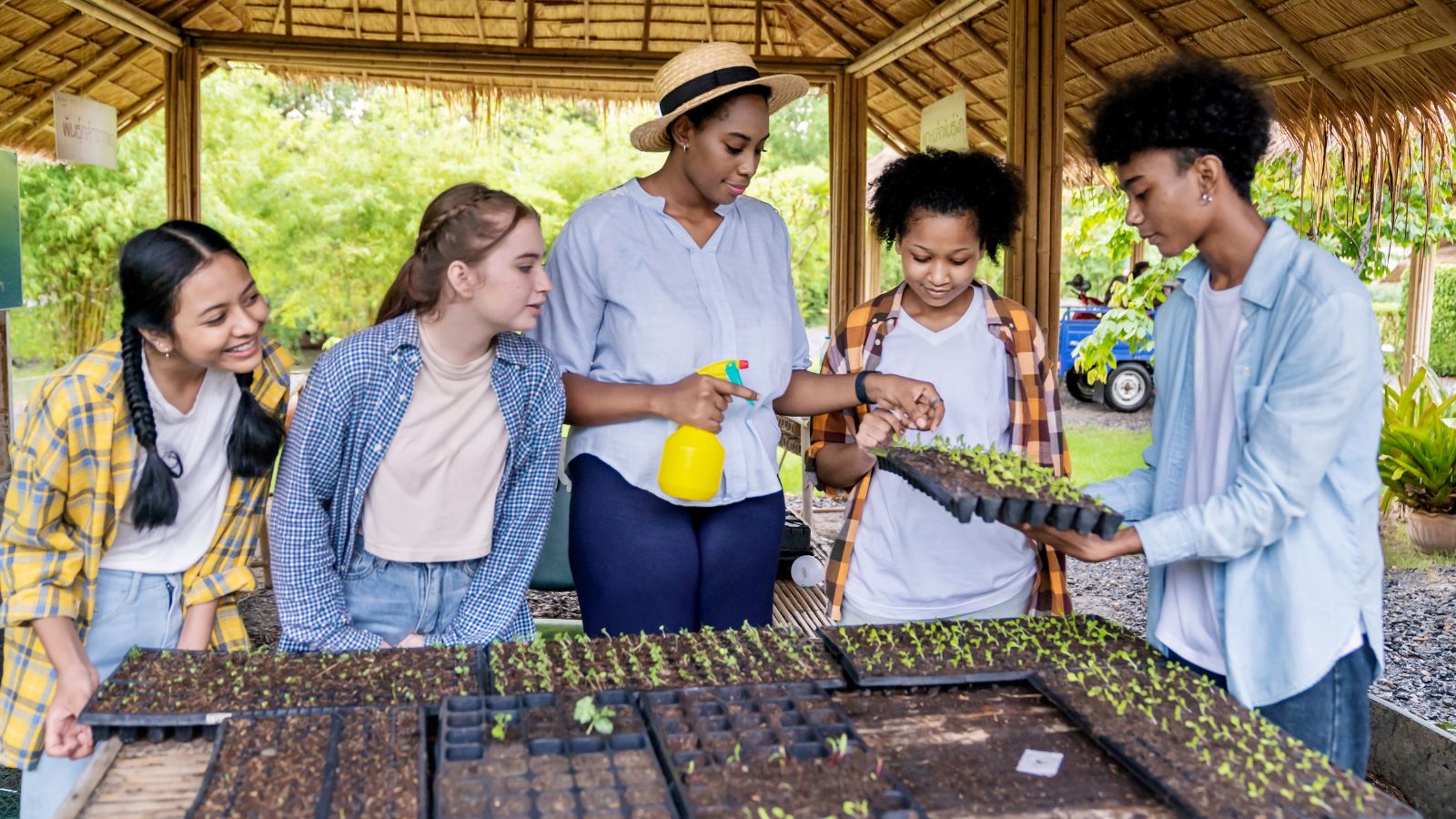
It’s also important to understand that plants have specific requirements regarding the depth of their seeds or roots. Going too deep may cause the roots to rot or suffocate, and going too shallow exposes them to too much air and causes them to dry out. Generally, the larger the seed or plant, the deeper it needs to go.
Over-Fertilizing
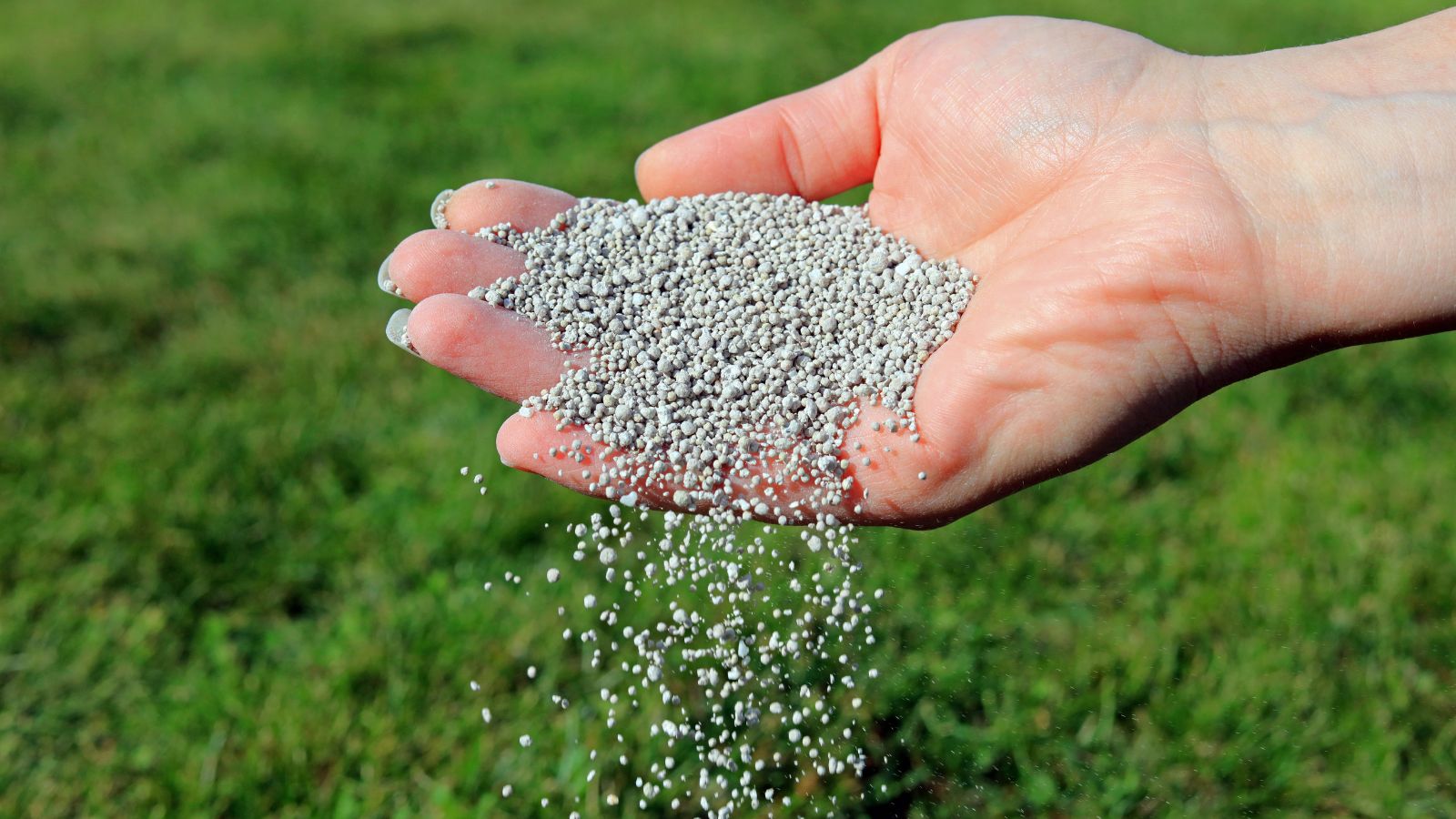
Like overwatering, even though your plants need fertilizer to grow, providing them with too much is detrimental. Over-fertilizing plants only leads to an imbalance in soil chemistry and eventually causes the roots to burn out from excess nutrients and salt. There’s also the risk of rapid but weak growth that leaves your plants susceptible to pests and diseases.
Under-Fertilizing
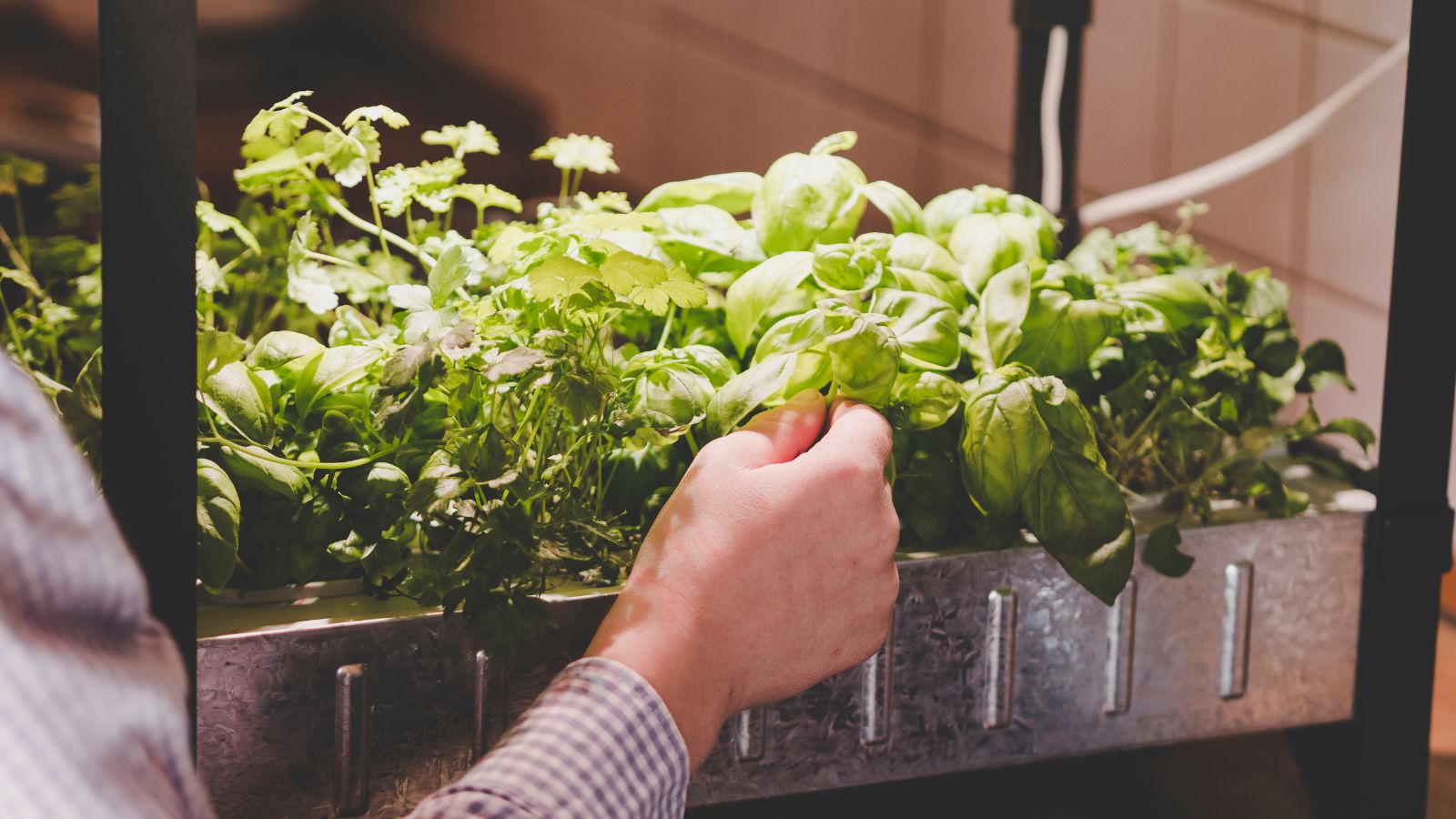
On the flip side, underfertilizing prevents your plant from getting the necessary nutrients. This can result in stunted growth, leaves turning yellow due to deficiency, and poor flowering and fruiting. The Spruce reveals that complete, balanced fertilizers (with the commercial code 10-10-10) are best for all stages of plant growth.
Lack of Mulching
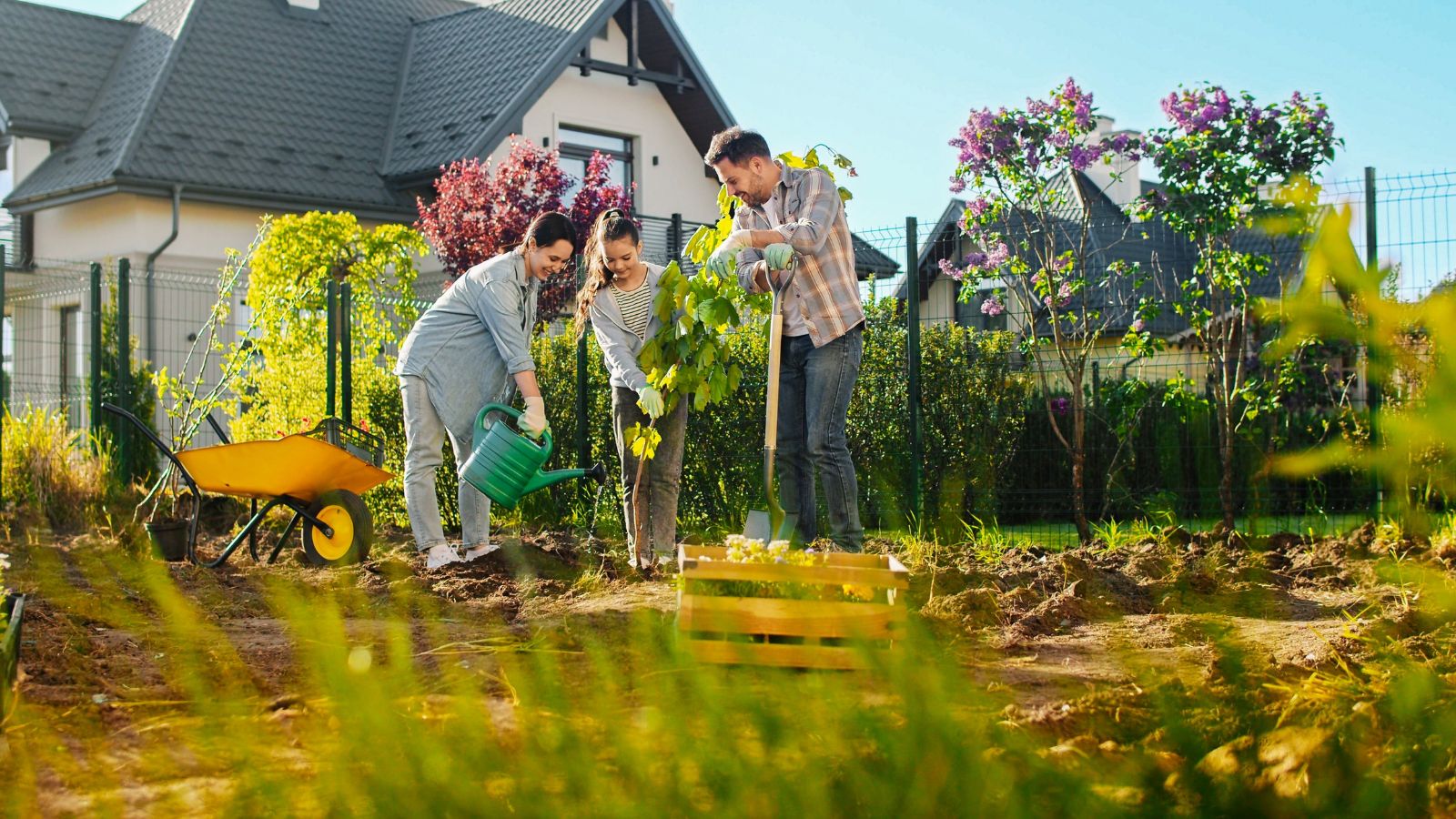
Mulching is a key part of gardening that helps retain soil moisture and regulate temperature, even when you use loamy soil. By spreading organic matter like tree bark, leaves, and wood chips throughout your soil, you also prevent weed growth and aid fertilization. But many people don’t realize about these benefits.
Ignoring Pest Control
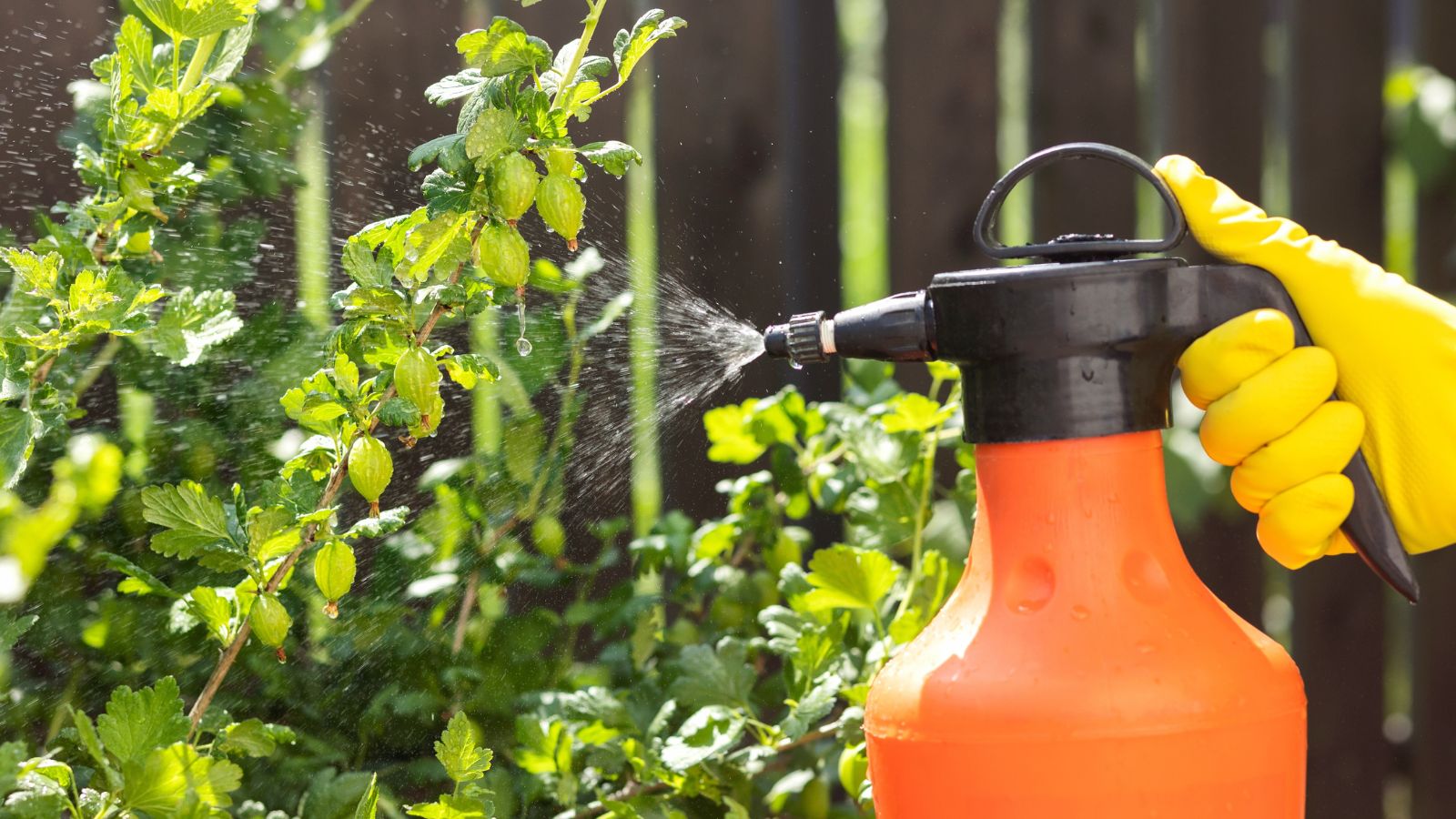
Many people also fail to monitor their beloved plants for signs of pest infestation. By doing this, or by not taking action quickly, they leave their plants open to extensive damage from being eaten or contracting diseases—eventually causing them to die. If you don’t want to use pesticides, natural controls like coffee, ladybugs, and praying mantises are fine.
Neglecting Disease Management
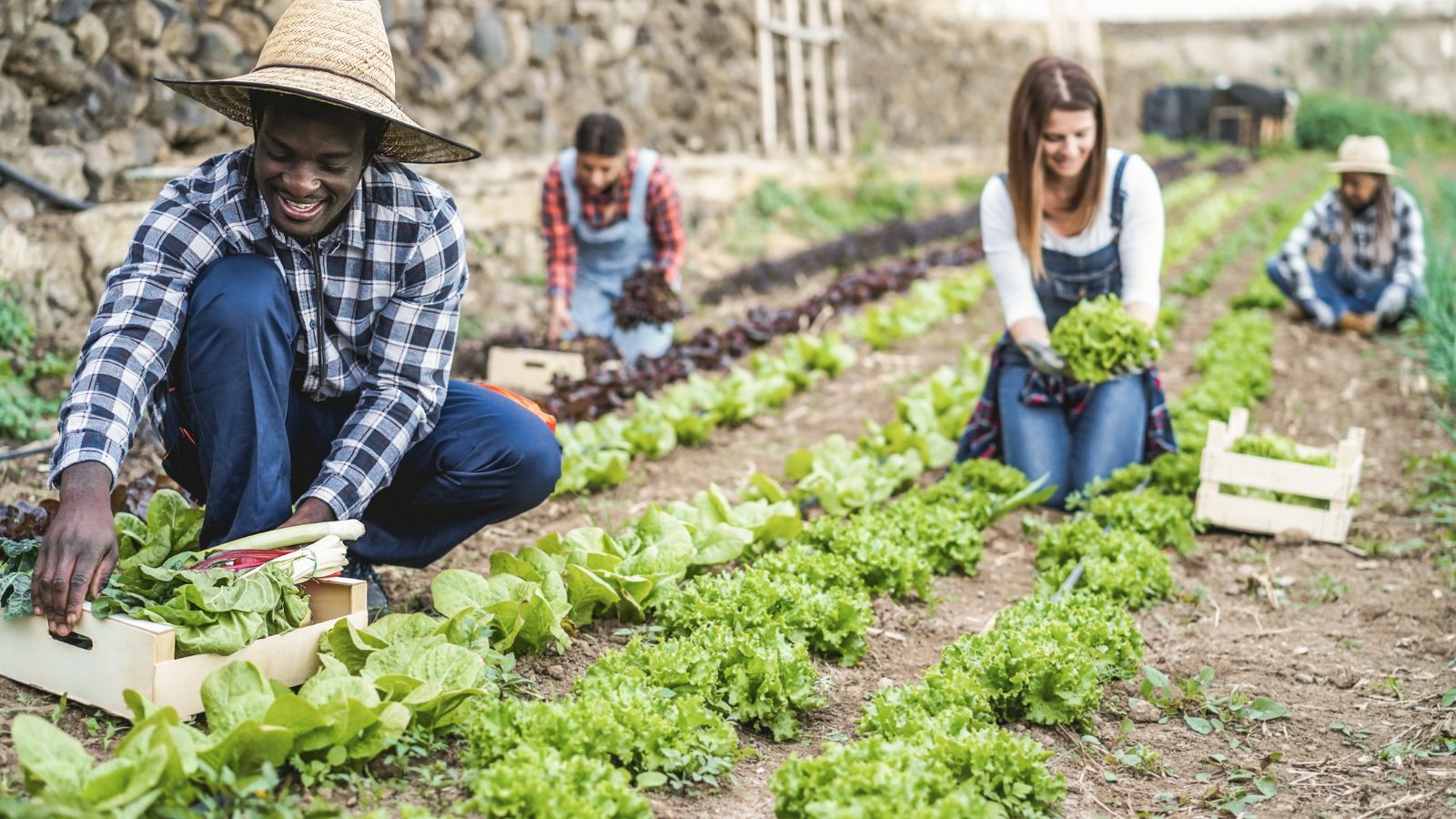
Some people also ignore or are completely oblivious to the early signs of diseases. They forget that fungal and bacterial infections spread quickly. Without taking action, like uprooting infected plants, they allow these diseases to cause real, irreversible damage in no time.
Improper Pruning
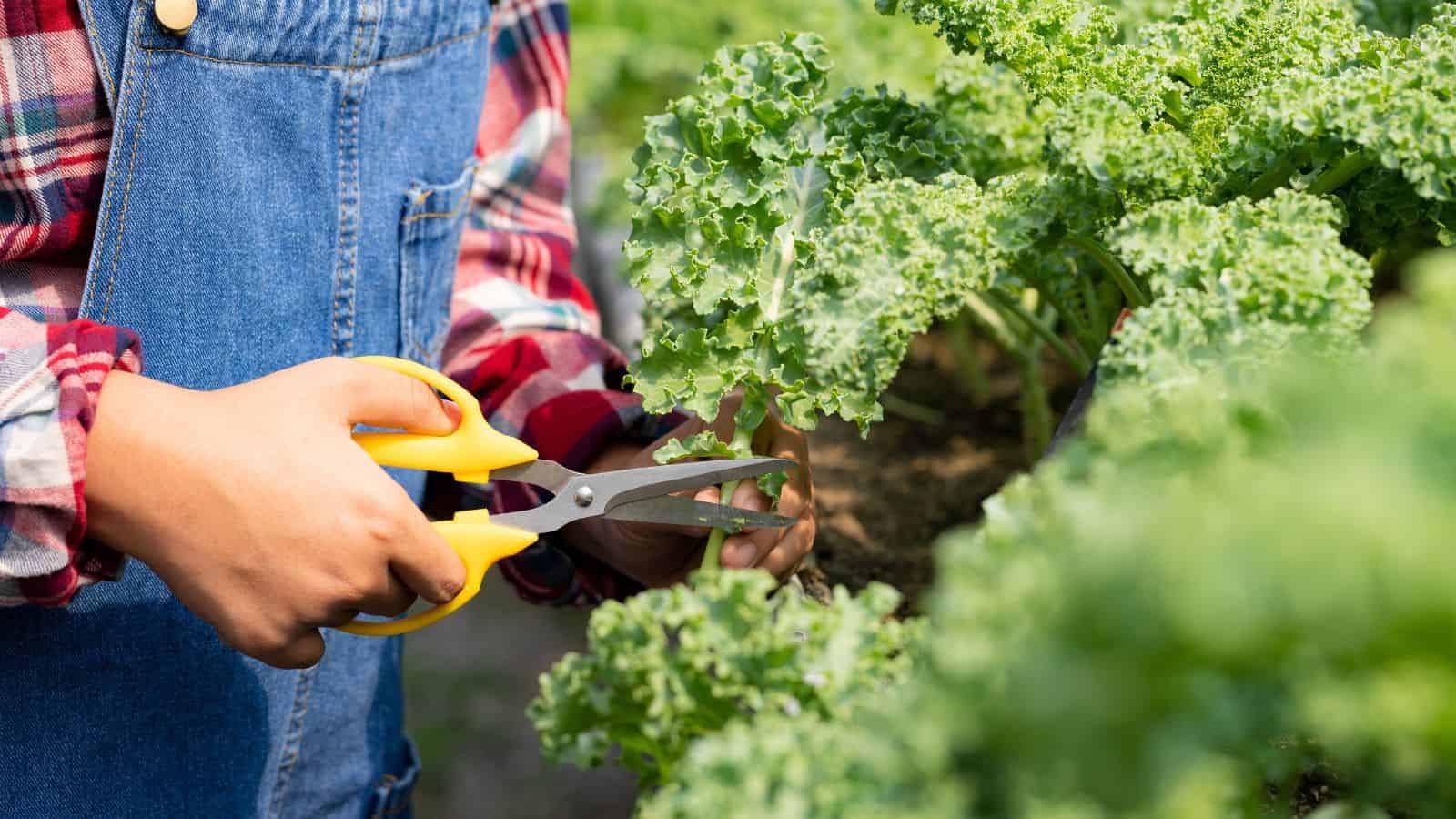
People also make mistakes when they over-prune branches, weakening them and exposing the entire plant to diseases. They may also under-prune branches, which leaves them overcrowded and prevents optimal air and nutrient circulation. Cutting too close to or too far from the trunk can also cause irreversible damage to the plant.
Ignoring Soil Health
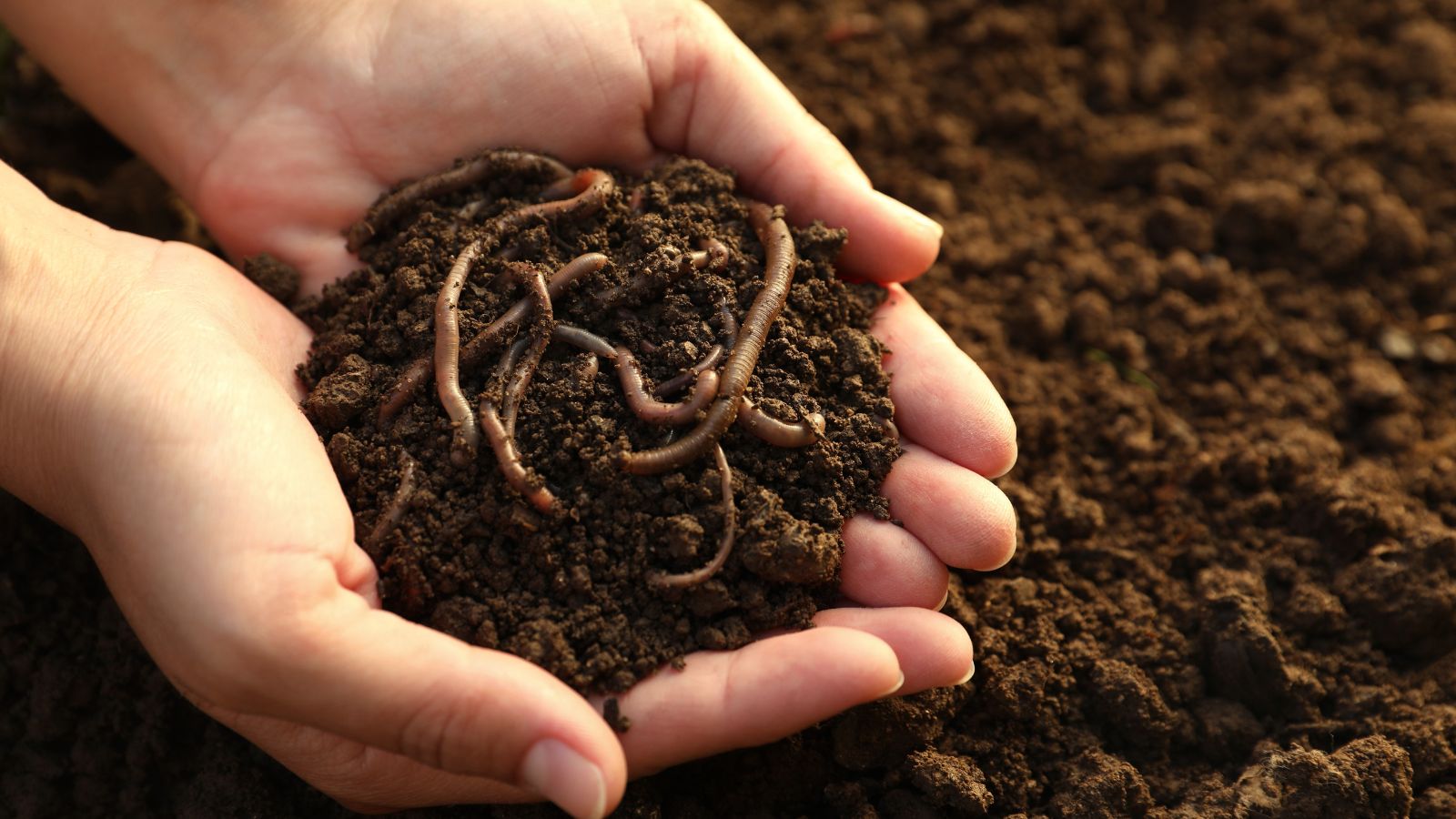
Regardless of how perfect the soil was when you first planted, nutrient levels deplete, and pH levels change over time. So, it’s important to test for these regularly. Some gardeners also don’t know that they should check for soil compaction, a state of limited pore space that UMD says causes poor root growth, drowned roots, and increased acidity.
Wrong Plant for the Wrong Place
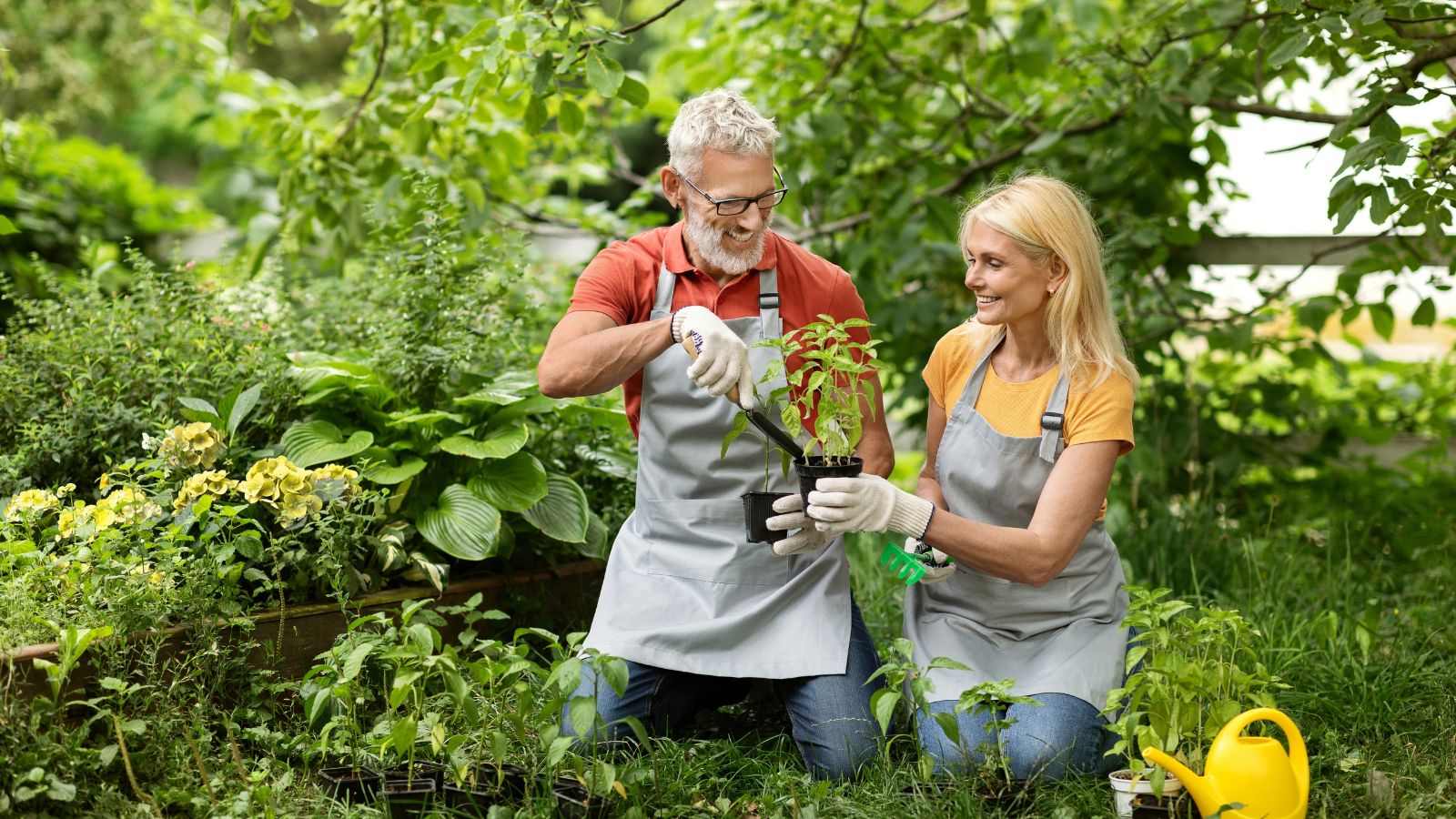
The climate or weather you live in affects the survival of your plants, but many people don’t take this into consideration. For instance, the beautiful irises you may love to have in your gardens thrive in colder temperatures and may not bloom in hot, tropical climates.
Planting Too Close Together
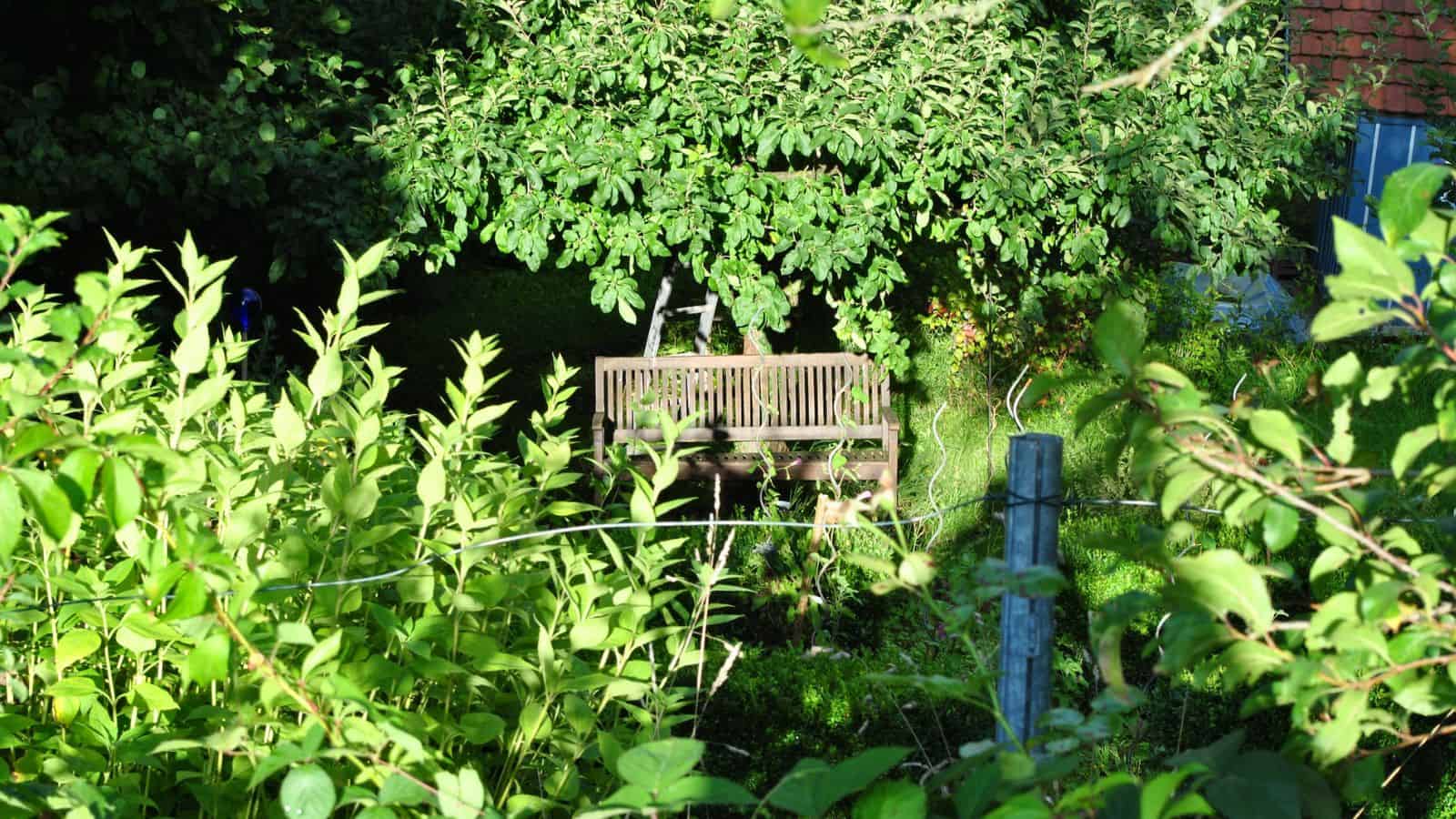
Crowded plants compete with each other for nutrients and water in the soil, air, and even the rays from the sun. Putting plants too close together can result in stunted growth or some plants being weaker than others. A breakout of diseases is your worst nightmare, as they’ll spread even faster.
Not Rotating Crops
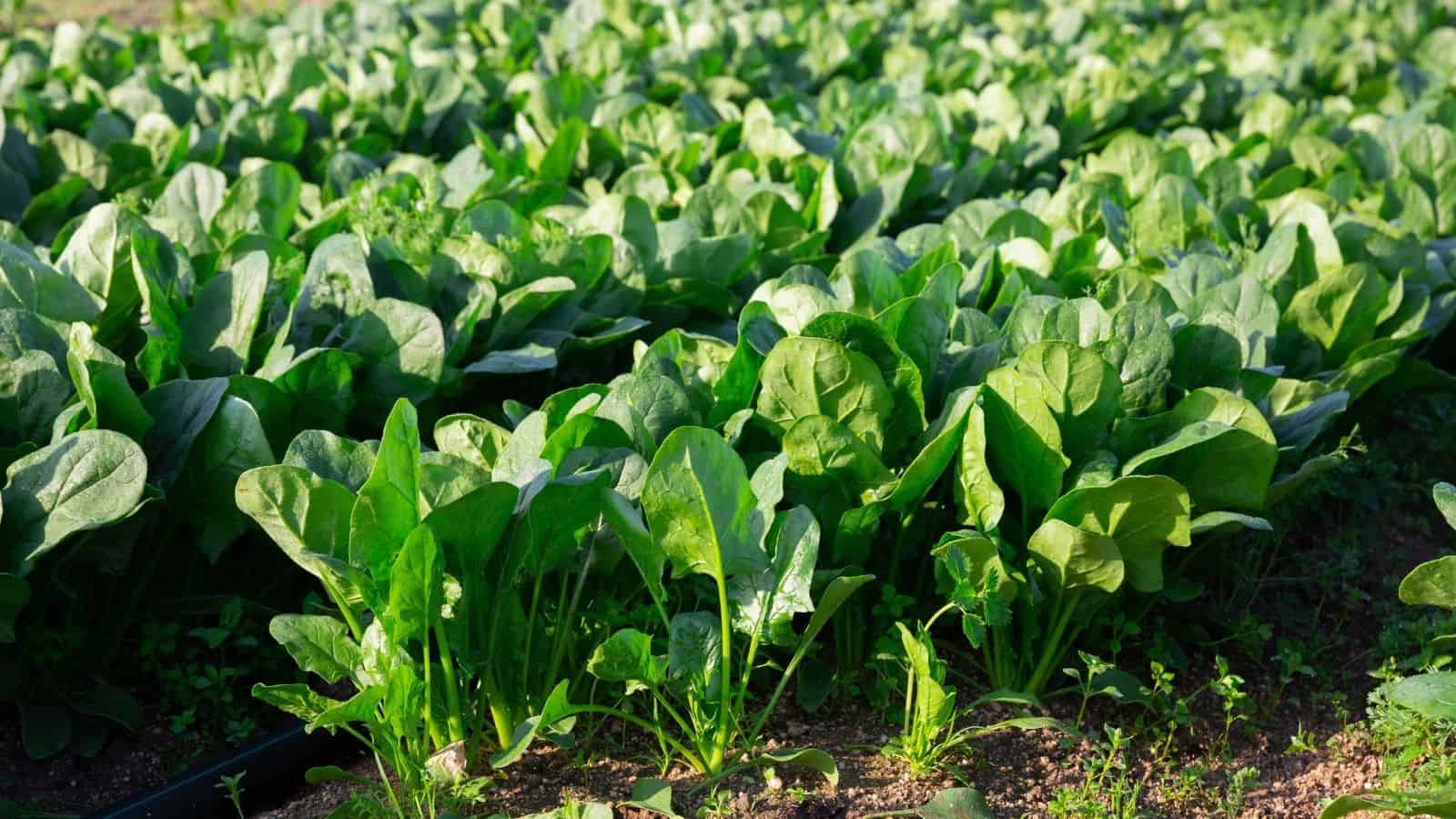
Crop rotation is one of the most popular and effective agricultural techniques around. This is because growing one crop in one spot depletes specific nutrients and increases the risk of soil-borne diseases. By rotating crops, you don’t just avoid this, but you also easily improve soil structure and fertility.
Using Contaminated Tools
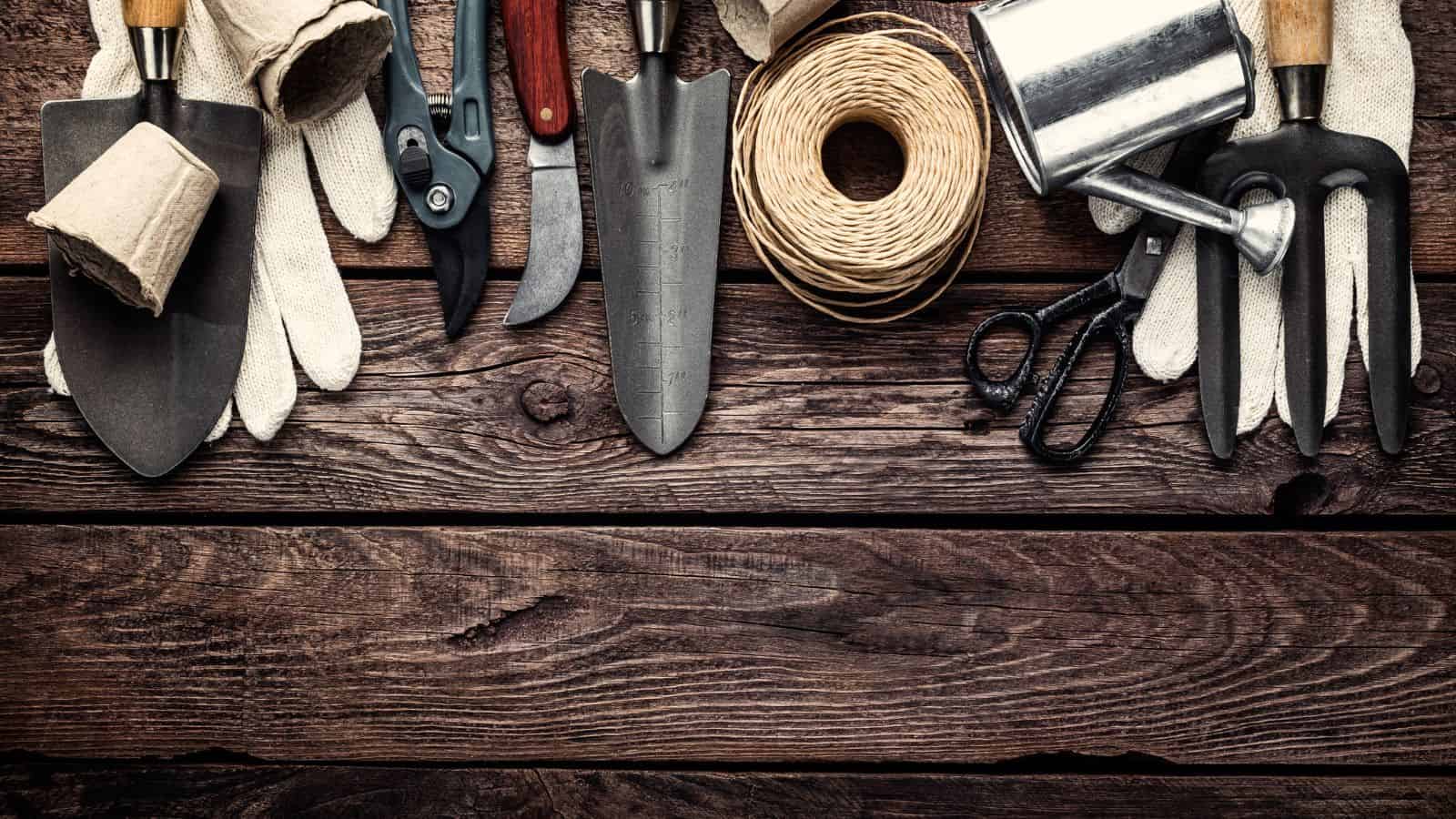
Alongside pests and the plants themselves, diseases like Phytophthora and Tobacco Mosaic (TMV) can be spread through dirty tools. Many gardeners aren’t aware of this. They fail to wash and properly sanitize tools that may have been contaminated by infected soils and plants.
Incorrect Use of Pesticides
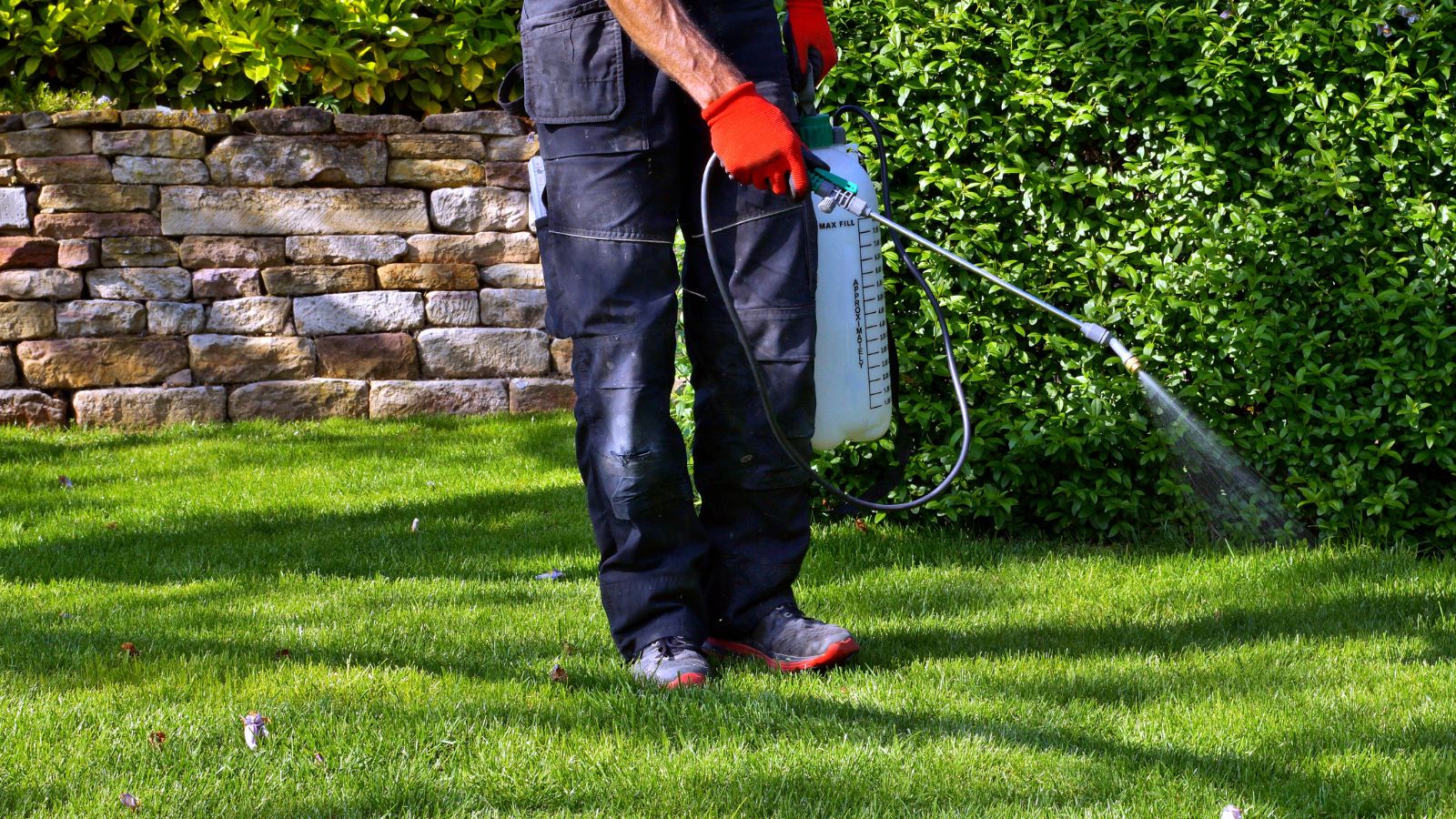
According to Iowa State University, “some plant injuries are caused by improper use of chemicals like insecticides, fungicides, herbicides, miticides, and other pesticides.” This form of damage to your plant (phytotoxicity) leads to discolored or curled leaves, leaves dropping, general abnormal growth, and, if severe enough, death.
Ignoring Seasonal Changes
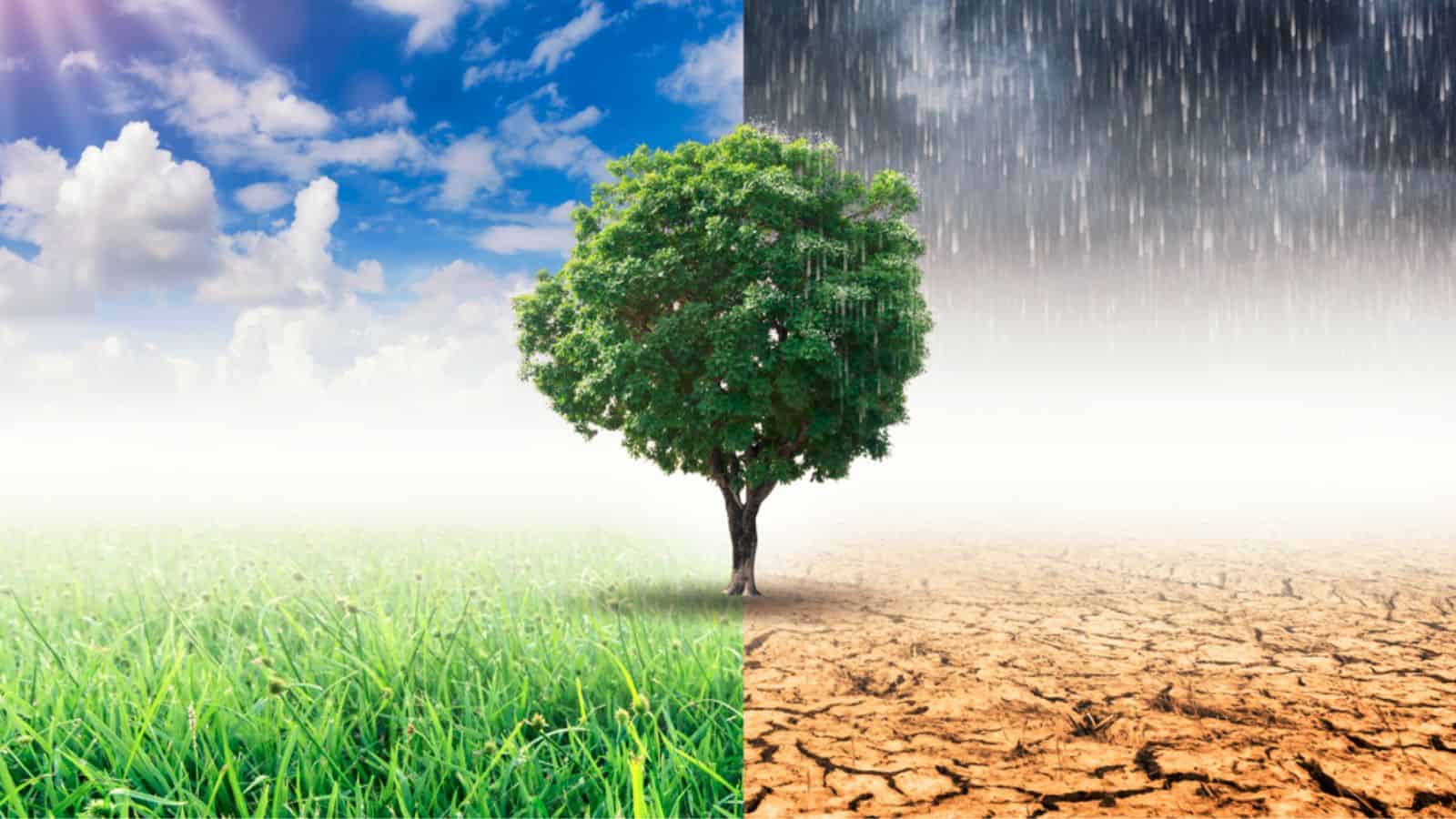
As the seasons change, the weather changes too. With these changes come new requirements for watering, fertilizing, and pest control. However, many people do not adapt appropriately. For example, they may fail to provide winter protection, like covering plants up, adding more mulch, or moving plants to warmer spaces, if possible.
Up Next: 18 Reasons Older Men Say ‘Nope’ To Relationships

Older men embrace being alone and generally prefer spending time in solitude. They’ve had a full, so don’t criticize them for being less social! The following 18 reasons explain why older men prefer to be alone and are redefining how they experience their retirement years.
18 REASONS OLDER MEN SAY ‘NOPE’ TO RELATIONSHIPS
18 Most Dangerous Cities in the World (5 Are in America)

Across the globe, there are many places you don’t want to find yourself because of the crimes waiting to occur. Sometimes, even nature can be cruel to you. This is particularly the case in the following 18 most dangerous cities in the world, five of which are in America!
18 MOST DANGEROUS CITIES IN THE WORLD (5 ARE IN AMERICA)
18 Reasons You Feel Like You Don’t Belong Anywhere

Feeling like you don’t belong anywhere can feel incredibly isolating. We need companionship to keep us connected to the world, so if you’re struggling to form relationships and don’t feel that you don’t fit in, here are 18 reasons why that might be.

